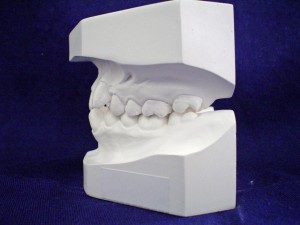I have a friend who complains that the version of charitable giving I recommend is too much work. He compares me with health specialists who recommend an unrealistic amount of work for whatever body part is their specialty:
The dentist wants us to brush and floss after every meal. The personal trainer wants us to spend an hour a day in the gym. Etc. If we did everything they ask, there would be no time, energy, or money left over to live our lives.
I understand this argument. I’ve often felt overwhelmed myself. But there’s a big difference between the work you’re encouraged to do to maintain your teeth, for example, and the work needed to give effectively.
When it comes to your health, you can’t opt out. You do the best you can, even if it’s not the ideal that professionals recommend.
But when it comes to giving to charity, you can opt out. Your choices are not to either; give in an informed, engaged, effective way or; in an ill-informed, unrewarding, possibly wasteful or harmful way.
If you can’t do charitable giving well, you can (and should) choose not to. Alternatively, if you find that a non-charitable giving approach is the best way for you to do good, you can (and should) do that instead.
Not all charitable giving results in goodness. Poorly done, it can be harmful. At a talk I gave just last week, I met a grad student who told me of numerous Africans he knows who are contemptuous of foreigners’ charity work in their homelands. Their perspective is that this do-gooding is worse than useless, and laughable.
None of us wants to be responsible for that kind of charity. And none of us has to. We can do the work to be savvier about charitable giving, and/or we can be savvy enough to know that there are other options for creating the change we want to see in the world.


Leave A Comment